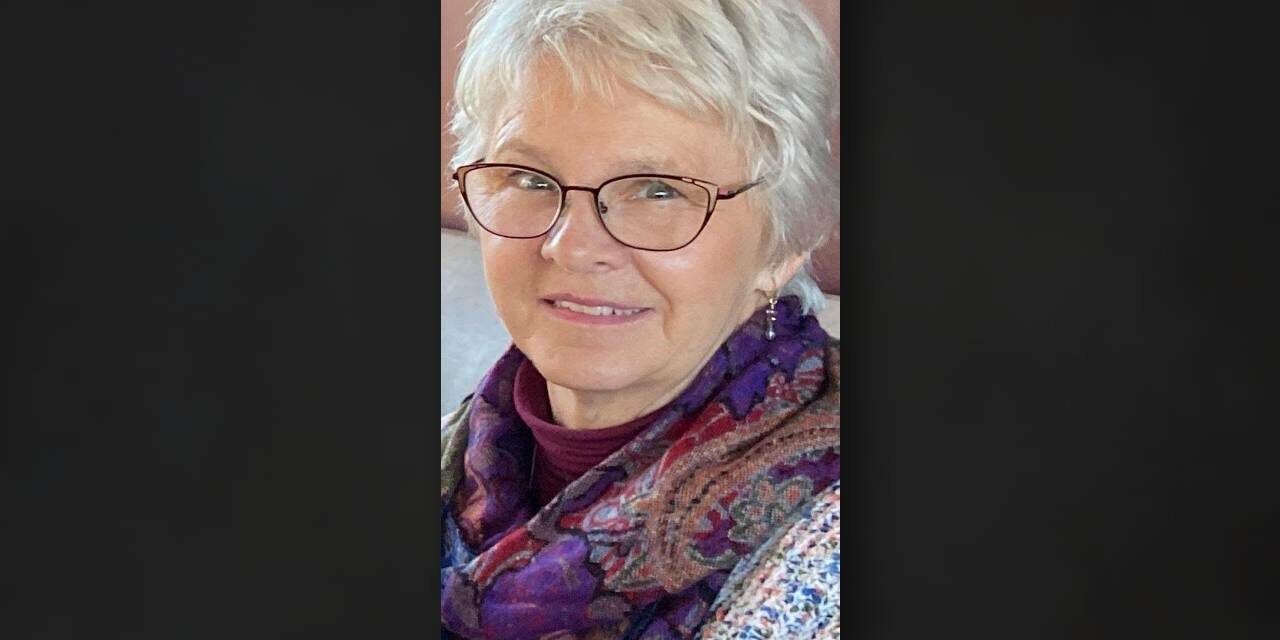By Al Stanek
Whitewater Banner volunteer staff
whitewaterbanner@gmail.com
For most businesses, churches and organizations the coming of Fall means it’s time to start developing a budget for the coming year. In the case of the City of Whitewater budget development will take on a new approach as the WW Common Council voted to try budgeting on a two-year cycle this year to provide better coordination with the WI State Biennial Budget. Some city revenues and program requirements are tied to the state process that generally adopts a two-year budget by July 1 of every odd numbered year.
The final decision to move forward on the recommendation from City Finance Director Steve Hatton was adopted unanimously but after some debate. Council member Jim Allen responded favorably by saying, “I don’t see any downside of this proposal.” Council member Brienne Diebolt-Brown countered that a process of projecting revenues and expenses two years in advance would make the process “less nimble” particularly for the second year of the cycle.
City Manager Cameron Clapper reported that a survey of his counterparts around the state found that those who had adopted the multiyear approach generally agreed that it freed up city department managers to focus on program administration and that the existing budget amendment process allowed for appropriate reactions to year-two changes. The city establishes the tax levy each November based on the projected annual budget and any budget amendments.
In another significant budget development step Common Council members were presented with a list of proposed “capital” projects and were asked to rank them in order of priority. Big ticket items like a water tower or a library expansion are not generally included in an annual operating budget as they are usually funded through long-term borrowing. Wisconsin State law allows municipalities to fund large projects with borrowing that does not exceed 5% of the total equalized value of property taxed by the city. The City of Whitewater has taken a more conservative approach by not exceeding the equalized valuation total by more than 3.5%. City policy has been to only take on new debt obligations equal to, or less than, the amount of debt paid off in the previous year. The goal is to keep the annual cost of debt service (which is part of the annual operating budget) at a predictable level.
Other actions taking place at the September 7 meeting included formal adoption of a policy on how the city acquires and sells real estate along with distribution of a proposed sexual offender residency ordinance under consideration at the request of the Whitewater Police Department.
City Attorney Wally McDonell advised council members that although the State of Wisconsin requires convicted sexual offenders to register with the state it allows individual communities to decide if they want to pass ordinances regulating where a sexual offender may live within a given community. Materials distributed for consideration by the council included several potential ordinance components designating specific “child safety zones” where sexual offenders would be prohibited from taking up residence. The City of Whitewater does not currently have such an ordinance.
McDonell pointed out the potential liability of an overly restrictive ordinance which could be challenged on US Constitutional grounds as well as the risk of remaining one of only a decreasing number of Wisconsin communities that have not established such ordinances. Deputy Police Chief Daniel Meyer pointed out that his review indicated that roughly 150 Wisconsin municipalities have sexual offender residency ordinances. The Wisconsin League of Municipalities website reports 600 individual city and village members across the state.
The Council also approved the appointment of Miguel Aranda to the Whitewater Community Development Authority (CDA). Aranda will serve out the remaining CDA term of long-time CDA Member and former city Plan and Architectural Review Commission Chair Greg Meyer





















